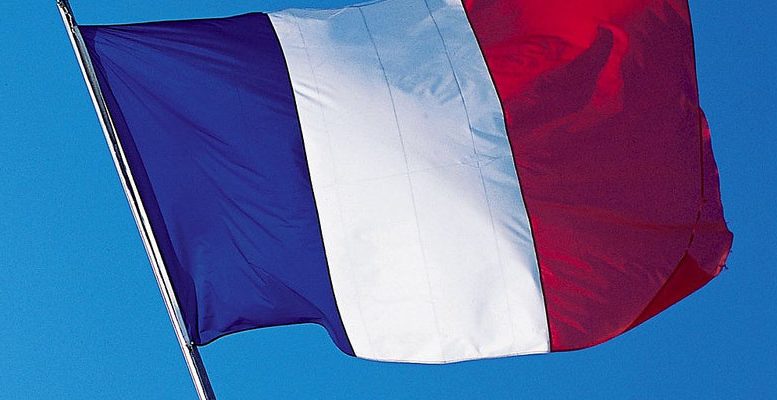Robust economic growth in France in 2017, coming in at 2%, helps ease the restrictions on public finances. The public deficit is finally set to fall below the 3% mark (2.7%), helping France shake off its image as the worst culprit in the euro area. In opinion of Philippe Waetcher, chief economist at Ostrum AM, “this is the result of the French economy’s ability to benefit and take advantage of world growth. The economic improvement drives revenues and means that countries no longer need to spend so much to shore up demand, automatically improving public finances. However, that’s not the whole story, as the French President made a campaign trail pledge to rebalance public finances during his term.”
The 2018-2022 Public Finance Planning Act published in January does not confirm this scenario. The bill indicates that the budget balance should remain negative at -0.3% of GDP in 2022, and more worrying still, the structural balance (i.e. adjusted for cyclical components) is still poised to be negative, at -0.8% at the end of the President’s 5-year term. In other words, Waetcher explains that long-term efforts to adjust the path for public finances are poised to be inadequate over the President’s full term.
Measures adopted out to 2022 will not be enough to balance public finances alone, setting aside cyclical components.More generally speaking, the most worrying point remains the underlying economic scenario, which is fairly optimistic, with growth poised to come out at 1.7% per year out to 2021 and then 1.8% in 2022 . These figures are well above the potential growth expected in the budget plan (1.25% out to 2020 then 1.3% in 2021 and 1.35% in 2022). So in other words, the French economy is running faster than it naturally can, but this does not rebalance public finances.
This is the result of relatively flat public spending across the period of the budget plan, increasing at a slightly slower pace than nominal GDP but remaining above 50% of GDP out to 2022. Meanwhile, compulsory levies are set to remain close to current figures.
For the Ostrum’s chief economist, “there is no public finance revolution.”
The very favorable economic context is not enough to put the budget back on balance, which means that public efforts have been inadequate. More simply speaking, if we look at the long cycle out to 2022, potential growth is set to come to 1.35% only and we can assume that cyclical momentum will slow after six years of fast acceleration. The public finance situation is set to deteriorate and France will have let a great chance to get its public finances in order pass it by once more.
The other point worth noting is that the government must use surplus income, or what is known in France as the ‘funding pot’, to rebalance public finance rather than embark on fresh spending measures if it really wants to prove its commitment on public finances.
Generally speaking, the temptation is to spend the surplus during periods of faster-than-expected growth, but the problem arises when this spending becomes permanent, while the surplus revenues are only temporary. These surplus revenues are the result of a macroeconomic surprise, but this soon corrects the following year and the ‘funding pot’ disappears. So financing permanent spending using temporary revenues is not a sign of rational public finance management.
More effort needs to be made to recover fiscal discipline and the ensuing budget balance. As a conclusion, Philippe Waetcher, chief economist at Ostrum AM, says:
Efforts need to be made on a more structural basis to cut back spending and achieve structural budget balance, at least by 2022. Thereafter, the economic context will decide whether the balance is positive or negative, but it is vital to make use of the robust economic conditions to implement the necessary reforms before then, as structural reforms will only be effective and accepted when the economy is going well. We still have a long way to go.





